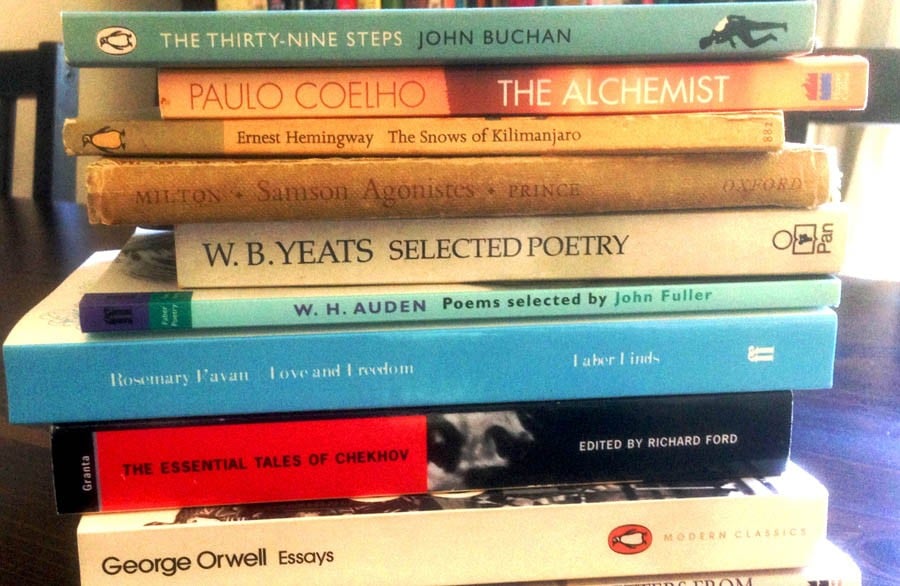
How can nostalgia drive a creative writer into travelling to a distant cultural past, and reclaiming it?

Firaq Gorakhpuri says:
[The path that leads to your home have been trodden thousands times though by Time still looks rather new]
Nostalgia burrows away lane of memory. Memory is the most powerful human faculty that continuously struggles against all kinds of destructive forces. It keeps wishfully reminiscing people, places, events and even moments that were diminished, belittled, devalued or lost one way or the other. Whenever Time starts erasing the traces and marks ingrained on memory lane, it fights this attempt by reconstructing images out of fading traces. And here memory is accompanied by a kind of blissful grief or sorrowful bliss. This is where Nostalgia enters.
Nasir Kazmi’s poetry is full of grief-stricken themes. He left his home and dear ones for a new country after partition but they inhabited his heart and he cherished their bittersweet memories through composing poetry.
[The people who were so close to our hearts, have gone out of sight.]
Read also: Not a futile emotion
Shinawar Ishaq, a young poet of Urdu, in one of his couplets has captured this theme of homecoming
[Missing sons after all happen to see their mothers, meaning as we die we go to meet up with our hometowns (to be buried there)]Modern philosophies of existentialism stressed on the meaningless and absurdity of life. The sense of loss and displacement are ingrained in modern man’s soul. Gulzar, a distinguished Indian poet and filmmaker, in one of his poems (Samay) has depicted the theme of loss ensuing from nostalgia of left places.
[I am wandering in the ruins since unknown times; it is the place where the meaning of life was lost.]As mentioned earlier, nostalgia is a play of memory. We can differentiate between two kinds of memory: memory having the traits of revival and memory possessing imaginative and creative power of reclaiming. The first one remains confined to just recalling lost people, lost places, lost moments with deep grief and momentary pleasure while the second one stretches into the kingdom of creativity, reclaiming and reinventing lost things.
Though both kinds of memories are underpinned by a sense of loss, they appraise its worth and significance differently. Revival memory mourns more of passing away of things than celebrating what is at hand while reclaiming memory comes to build a relation between the past and the present for a mind that can sense the reality of loss is equally capable to sense the truth of gain.
It needs to be stressed that nostalgia is basically a medico-psychological malady -- that literally kills people, but creative writers have been metamorphosing it into a blessing.
We find a lot of works of fiction, poetry, autobiographies and travelogues in the 20th century Urdu literature that have been created out of nostalgia. Two main categories of nostalgic literature might be identified. One is by those who had to migrate or had been exiled and the other is by those who experienced a sense of loss in their homeland caused by the vanishing culture of their childhood.
A couplet by Ahmad Mushtaq tells the story of an émigré who feels himself in a state of loss and displacement that ultimately ignites his nostalgic memory tinted with the power of reclaiming.
[Something is surely missing in search of which we are hurling everything that comes in way.]The narrator of this couplet seems in search of meaning by resorting to the creative process which is initiated by a kind of chaos, i.e., tossing things aimlessly. No wonder, nostalgia entails a streak of wilderness. All kinds of creativity testify to the fact that ‘disorder proceeds order and loss embarks on gain’.
How nostalgia can drive a creative writer into travelling into a distant cultural past, and reclaiming it, and how it transforms itself into a great reservoir of identity formation, is best exemplified in Intizar Husain’s fiction. Themes of his short stories and novels are mostly embedded in nostalgic memories of migration. He has been quite unjustly accused of repeating his personal past at the cost of disregarding the present.
In a letter to a new short story writer, he has told his story of stretching his biographical imagination to reminisce the stories and histories of far-away collective cultural past.
[Reminiscing about my basti, I indulged in recalling those days that shined before my birth and memories of which my grandmother used to share with me. My woes aggravated. I was desperately remembering the days my grandmother had witnessed. Little by little, the gone-by days of fourteen hundred years’ history of Muslims started finding place in my mind… It is the story of those days when I was born in Bani Israel and used to go for fishing on Sabbath. I can recall somehow that I committed some other sins too, other than fishing on Sabbath. So I had to get racked in every birth.]Intizar Husain’s nostalgic memories inspirationally led him to connect with and reclaim the distant, forgotten, belittled histories. He was then able to expand his personal, elfin self into a splendid cultural genius.